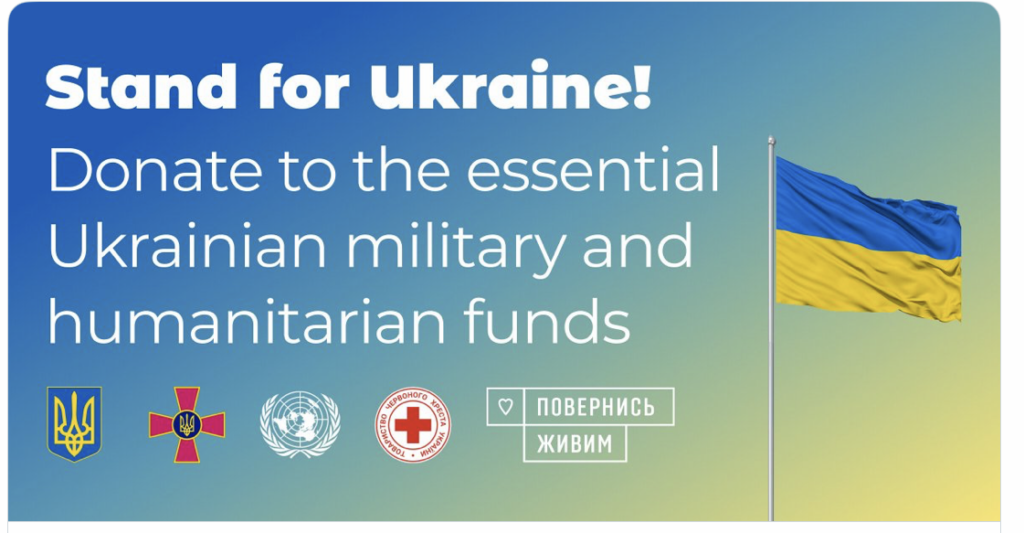After a wonderful week spent watching wildlife in South Africa we decided to stop off in Mauritius on our way home. Bumping around in a Toyota Landcruiser for a total of 40 hours takes its toll, believe me. Not only on the more obvious parts of one´ s anatomy but involves a complete bone shaking makeover.
So Paradise Island, as I saw it referred to on a billboard, became our chosen recuperative solution. Not having been there before made it all the more interesting, although that cannot be said of the hotel or should I say resort we stayed at. Not that there was anything wrong with it as such, it definitely lived up to any brochure depicting luxory accomodation nestled amongst palm trees overlooking a widespread sandy beach and an azure ocean with an almost indistinguishable boundary against the sky. From that point of view not unique as we might have been on an island in the Pacific, the Caribbean or even the South Atlantic instead of the Indian Ocean.
The accompanying tourists were what you might expect in a place like this, mostly white Europeans meandering between beach, bar, restaurant and chalet enjoying what each had to offer. French seemed to be the dominant language spoken, followed by English and the odd German. Not surprising as Creole is the predominant languge amongst the natives on the island and any Frenchman unsure of his or her abilities in English would likely understand this French based patois, if spoken slowly. Perhaps an indication that holidays in the sun are chosen in places where people feel most comfortable in their surroundings. This criteria is understandably not solely pertinent to language. Maybe underlined by the fact that there was a not inconsiderable number of tourists from India and/or the Middle East who as far as I know have little reason to seek a French speaking environment. The answer to this we possibly found on one of the following days when our driver for the day gifted us with a history lesson of the island. Like looking into a pot with stew where we had already identified many of the ingredients and he was now kind enough to give us the background on each.
At the airport we were requested to fill in an international arrival form and after queuing at the passport desk were requested to fill in another almost identical form. I asked why two of the same and received the reply, ”that one is for the health authorities.”
”Why not buy a copying machine?” was on the tip of my tongue but having met the occasional border official in my time I have understood the wisdom of keeping my mouth shut at crucial moments.
That little episode and the bureaucracy it reveals, together with English being an official administrative language, is undoubtedly a leftover from the colonial days of the Empire. The English were the last to leave, so to speak but others came and left before that. In the 16 Century the Dutch colonised and named the island after Maurice van Nassau (Prince of Orange) and according to our driver, not being able to find enough food ate the Dodo, endemic to the island, to extinction. The French on arriving renamed the island Isle de France and although Mauritius reverted to its original name after the Napoleonic wars, French remained the lingua franca surviving 158 years of British rule.
Even the capital city seemed to reach out to the world as we looked down on Port Louis from the fort overlooking the town nestled between the backdrop of hills in a manner reminiscent of Cape Town, whereas the atmosphere on the waterfront later that day had us thinking of Fisherman` s Wharf in San Francisco.
”There is no crime in Mauritius,” we were told by our driver. Not mincing words there I thought, remembering his recitation on Maurition demography. ”Most people are of Indian heritage, followers of Hinduism or Islam and Christians are black.” I think a handful of Chinese Buddhists together with a small number of European descent could be added to this. Travelling around Mauritius, the abundance of places of worship, temples, mosques and churches confirm the multicultural, multiethnic and multilingual nature of this small island with its ca. 1,5 million inhabitants.
To boot, I read that Mauritius is the most prosperous country in Africa. There is a lesson to be learnt here.
